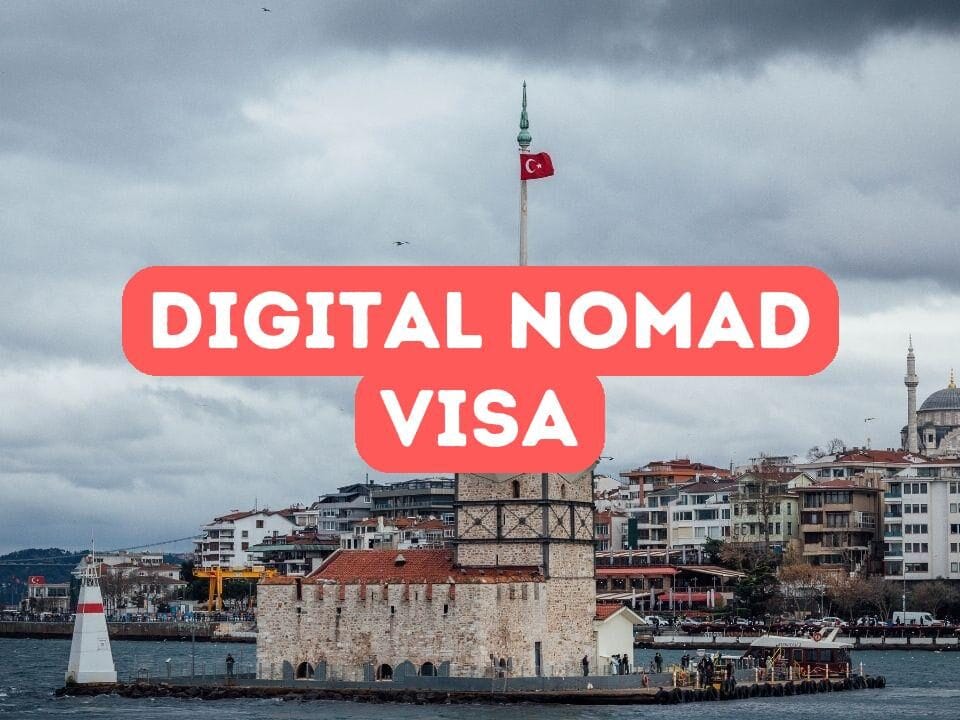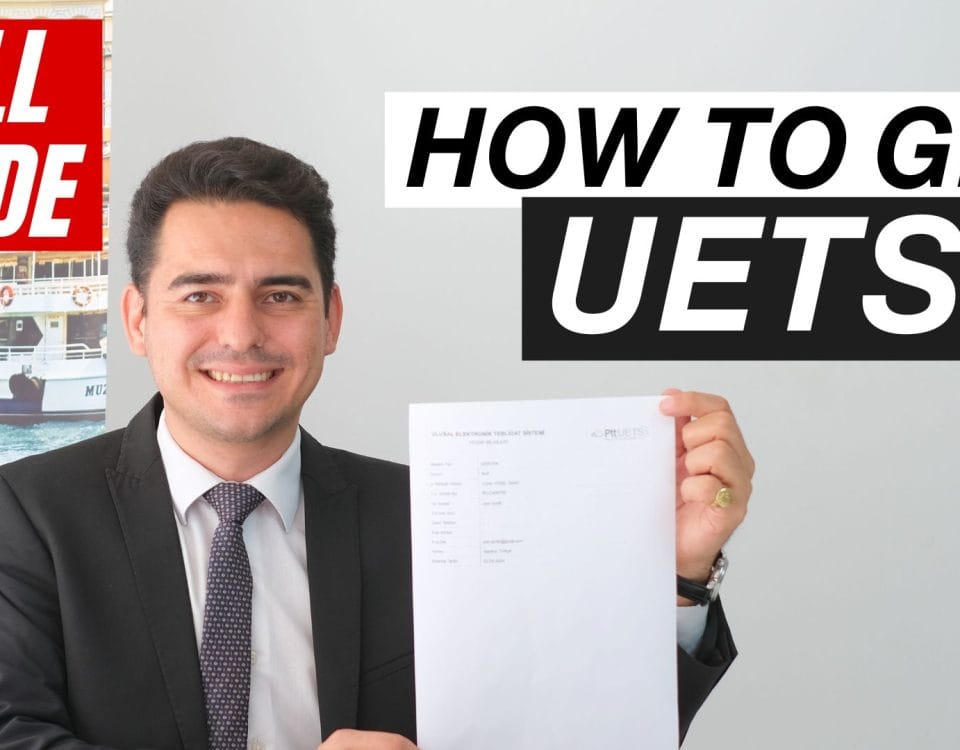Dual Residency with Turkey: Possibilities and Procedures
Navigating the intricacies of establishing dual residency can be a labyrinthine process, particularly when considering a culturally rich and strategically located country such as Turkey. As an intersection of East and West, Turkey offers a unique blend of opportunities for investors, entrepreneurs, and individuals seeking to broaden their horizons. The allure of its vibrant cities, coupled with the promise of economic growth, has indeed positioned Turkey as a desirable destination for potential dual residents. However, the journey towards securing a residence in Turkey, alongside one’s existing nationality, requires a meticulous understanding of both the possibilities that this transcontinental nation presents and the legal procedures that frame its residency policies. Delving into the realm of Turkish dual residency, one must be cognizant of the nuanced legal landscape, tax implications, and the diverse residency programs available, each with its own set of prerequisites and benefits tailored to different applicant profiles.
Navigating Legal Pathways: Establishing Dual Residency in Turkey
Embarking on the pursuit of dual residency in Turkey begins with a legal odyssey encompassing a variety of visas and permits, each with distinct stipulations and intended for disparate demographic segments. Individuals must first determine their eligibility under categories such as property investment, which can lead to a residency permit via the Turkey Citizenship by Investment Program, or the pursuit of long-term employment or educational opportunities that afford a pathway to residency. Critical to this endeavor is partnering with reputable local solicitors who can demystify the labyrinth of Turkish immigration law. These experts help navigate the requisite documentation, from the initial application to the complexities of bureaucratic procedures, ensuring that all legal criteria are meticulously met to secure a foothold in Turkey’s burgeoning socio-economic landscape.
Once the initial category for eligibility is ascertained, the candidate must furnish an array of documents to the pertinent Turkish authorities. These include a valid passport, proof of financial stability, comprehensive health insurance, and, depending on the particular grounds for residency, additional records such as title deeds or employment contracts. In the event of property investment, which is notably popular due to the real estate market’s accessibility and potential returns, a minimum investment amount is stipulated by law and must be evidenced through official channels. Moreover, those opting for residency through investment might find themselves on a fast track to citizenship, should they choose to meet higher investment thresholds. It is this interplay of flexible residency options and the potential for citizenship that makes Turkey an intriguing option for dual residency.
Finalizing the dual residency arrangement necessitates ongoing compliance with Turkish immigration policies, which may evolve in response to both global trends and domestic legal reforms. It is essential for individuals to remain informed about residency requirements such as periodic renewals, mandatory registrations, and potential changes in investment criteria. Integrating into Turkish society also involves understanding cultural nuances and local customs, which facilitates a smoother residency experience and enhances one’s personal and professional networks within the country. Ultimately, the quest for dual residency in Turkey is a commitment to a dynamic process of cultural and legal acclimatization, fostering a profound connection with this nation straddling two continents.
Unveiling the Benefits: How Dual Residency Enhances Your Global Footprint
Embracing dual residency with Turkey amplifies one’s global footprint by unlocking a trove of economic, social, and mobility advantages. It opens doors to a flourishing market that beckons international entrepreneurs and investors with incentives such as tax breaks, property ownership rights, and access to a vast consumer base straddling both Europe and Asia. For families, the benefits are equally compelling, offering access to an education system that blends modernity with tradition and a healthcare network that is both advanced and accessible. Moreover, as a Turkish resident, individuals gain the coveted ability to travel visa-free or with an e-visa to numerous countries, an invaluable perk for those who frequently traverse global borders for business or pleasure. Securing a residence in Turkey, therefore, is not merely about gaining a home in a new land; it’s an investment in a lifestyle that celebrates mobility, multicultural experiences, and economic opportunities on a global scale.
Beyond the tangible benefits, dual residency in Turkey serves as a gateway to immerse oneself in a culture that’s as diverse as the geography it spans. Residents can savor the melding of Eastern and Western influences – from the bazaars and mosques of Istanbul to the Mediterranean beaches and Anatolian mountains. This cultural richness enhances one’s personal and professional networks, opening up opportunities for cross-cultural collaborations and exchanges that can be both personally enriching and commercially advantageous. The ability to participate in two different societies fosters a deeper understanding of global dynamics, often leading to improved cultural intelligence – a soft skill increasingly sought after in the international business community. Dual residents thus enjoy the privilege of tapping into the synergy of Turkey’s unique position in the world, fostering greater empathy and a broader perspective in their professional and personal lives.
Standing at the crossroads of civilizations, dual residency in Turkey equips individuals with a legal and logistical foundation to harness the synergies of diverse markets. It allows for greater ease in managing cross-border investments and operations, particularly advantageous for those in trade, e-commerce and other industries that benefit from Turkey’s strategic position along the Silk Road. As a nexus for both tradition and innovation, the dual resident can navigate a range of financial landscapes, from the bustling commerce of Istanbul’s Grand Bazaar to the burgeoning tech start-ups of Ankara. Such residency indeed positions individuals at the heart of economic currents flowing between continents, establishing them as global citizens with the dexterity to maneuver the complexities of our interconnected economies, and at the same time, offering a life enriched by the unparalleled cultural heritage and future possibilities that Turkey uniquely bestows.
Step-by-Step Guidance: Mastering the Application Process for Turkish Residency
Embarking on the application process for Turkish residency necessitates a strategic approach, beginning with a comprehensive eligibility assessment. Prospective dual residents must first ascertain which category of residency suits their circumstances—be it short-term, long-term, or the coveted ‘Turquoise Card’ for highly skilled professionals or investors. Following eligibility confirmation, applicants are required to compile a plethora of documentation, including a valid passport, proof of adequate financial means, and a clean criminal record. It is advisable to engage with local Turkish consulates or the Directorate General of Migration Management for up-to-date advice, as the requirements may vary based on the applicant’s nationality and the specific residency category sought. By meticulously adhering to the guidelines set forth by Turkish authorities, applicants can ensure a smoother navigation through the intricate channels leading to residency.
Once documentation is gathered, the next critical step is the submission process, which traditionally begins online via the e-Residence system – a centralized platform managed by the Turkish government. This online application must be completed with precision, as discrepancies can result in delays or rejections. Following the online submission, applicants will schedule an appointment with their local Migration Management office in Turkey to provide biometric data, finalize paperwork, and conduct necessary interviews. For those outside of Turkey, this phase is handled through the nearest Turkish consulate or embassy. It is worth highlighting that throughout this period, applicants should maintain legal entry status in Turkey and be prepared to present proof of residence, such as a lease agreement or property deed. Attention to detail and proactive communication with immigration officials during this stage can expedite the application’s progress and reduce unforeseen complications.
After fulfilling the initial application requirements and successfully navigating the interview process, the waiting period for the residency decision commences. During this time, vigilance is crucial as the authorities might request additional documentation or clarifications. Successful applicants will receive notification of approval and are then required to pay the relevant residency fees before the residence permit can be issued. With this final step, applicants become official dual residents, enjoying the right to live, work, and access state services in Turkey. It is imperative, however, for dual residents to remain aware of their obligations, such as timely renewal of permits and notification of any changes in their circumstances, to ensure continued compliance with Turkish immigration laws and to safeguard their residency status.






